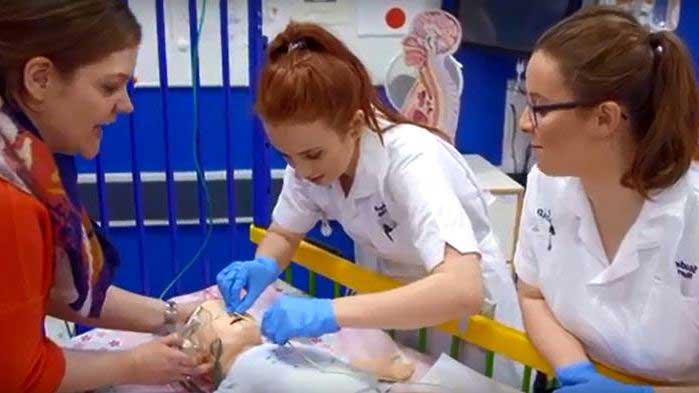Courses and subject areas

NHS Apprenticeships
These courses are for anyone working in healthcare who would like to further their career.

Business apprenticeships
These courses are aimed at anyone in a managerial role or developing into one who wants to learn how to manage themselves, others and projects.

